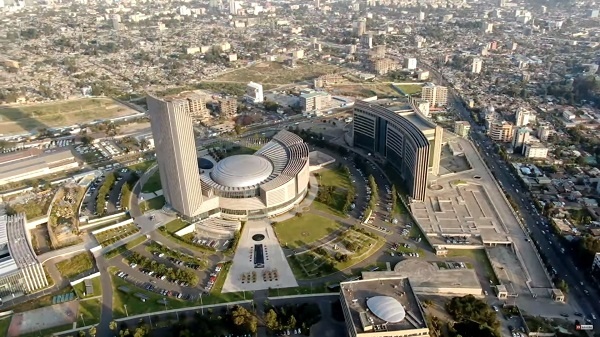
Africa is changing so fast, it is becoming hard to ignore. In the short term the continent faces many problems, but in the long term it could rival China’s economic might.
(The Economist) – Sometimes bridging the gap between success and failure, between finishing high school or dropping out, requires a lot of determination and the cost of a cow. Jack Oyugi grew up as the oldest of 14 children to parents tilling an acre of ground in western Kenya. Their crops usually gave them enough to eat—neighbors would feed them if food ran short—but they had little cash. When Mr Oyugi went to secondary school his father sold his only cow to pay the fees. “The neighbors laughed at him,” he says. Now he is having the last laugh. Mr Oyugi went on to university where he studied biotechnology, and then developed a process to make protein-rich animal feed from water hyacinth, an invasive plant on Lake Victoria. He provides jobs for 30 people. Orders for the feed, which is about 30% cheaper than soybean protein, are coming from as far away as Thailand. As for his father, “I’ve built him a seven-room house and bought him some cows,” he says proudly.
Mr Oyugi is talented and hard-working. But his jump from village to university, from subsistence farming to founding a thriving business, is also one that encapsulates the change that is sweeping across the world’s youngest continent. Almost half of the 1.3bn Africans alive today were born after the terror attacks on America in 2001—the median age of 19 is less than half that of Europe (43).
In 1885, when the colonial powers carved up Africa, it had fewer than 100m people, or about one-third the number in Europe. Today there are almost two Africans for every European. Some outsiders see this rapidly growing population as a recipe for disaster. Although the poverty rate is falling, about a third of children are still malnourished. This leaves many of them with stunted bodies and diminished mental capacities.
Continue reading “Africa is changing so rapidly, it is becoming hard to ignore” at The Economist
